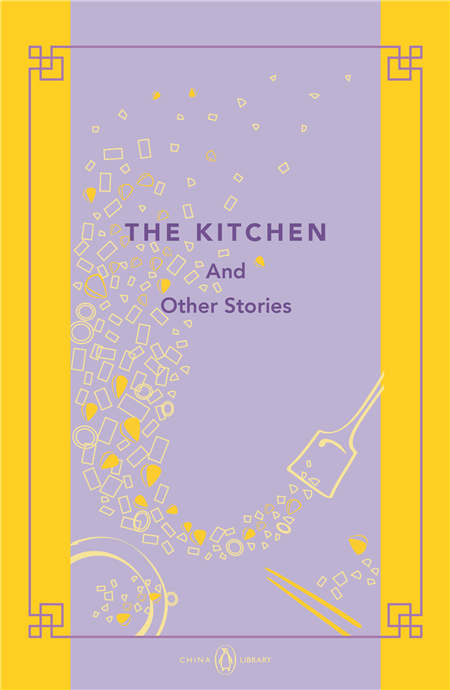Reading the world
 |
|
Chinese titles published by Penguin Random House cover a wide range, from literature works by Nobel laureate Mo Yan to an autobiography by tennis champion Li Na. |
That's because he believes publishing is a language and rights business that supports local cultures, voices and talent.
The group has continued to learn about the Chinese market and anticipates big opportunities as more Chinese read English-language titles, he says.
It plans to bring global best-sellers to China, while taking more Chinese titles international.
Dohle is proud of publishing Mo Yan overseas and says the group is planning more Chinese-language titles, especially given rising demand for children's literature.
"Publishing is less a global business but more a rather decentralized, creative and multi-local one," he says.
"You can only do it bottom up. You can't do it top down. That's how we approach our international businesses and approach China, too, with our local publishing here."
He insists print will survive, despite the rise of digital platforms, since 2009, when paper books began to decline.
"My basic strategic assumption is that print will always be important-always. Not for 50 years or 100 years-always. And digital is becoming more and more important. There will be a healthy coexistence between the two," he says.























